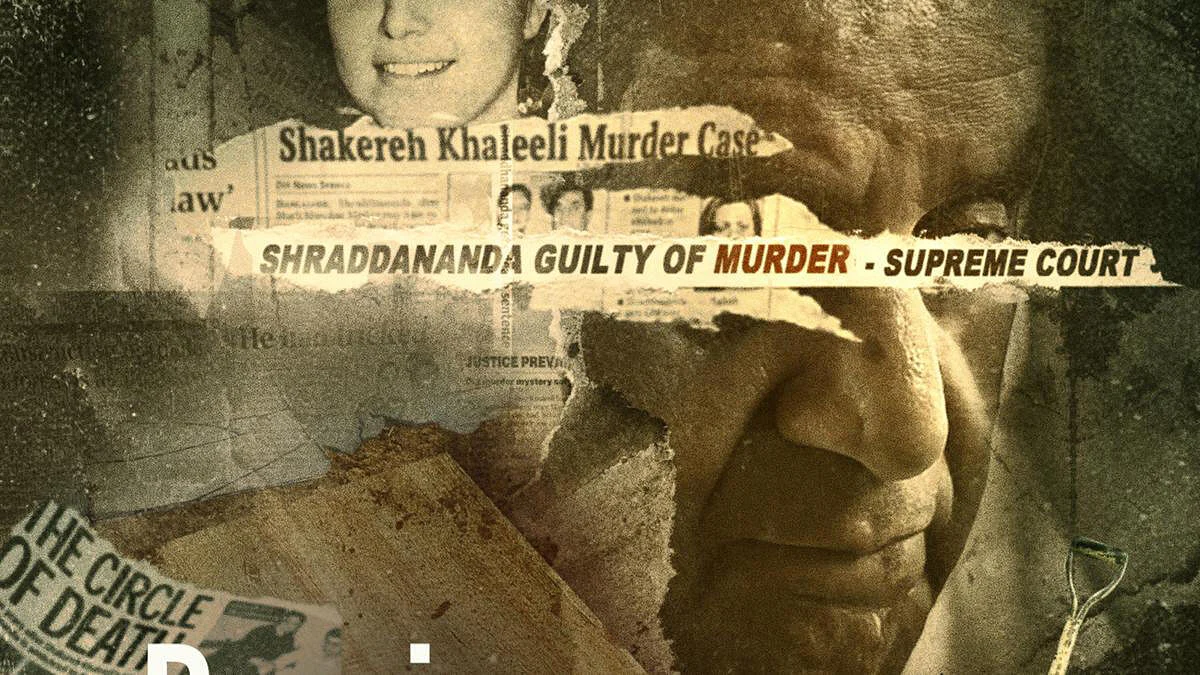

Shakereh Khaleeli hailed from an affluent family with royal ties. She appeared to have it all — a renowned husband, four beautiful daughters, and an active social life. Nonetheless, she abandoned everything to marry another man, which led to her tragic end. The docuseries Dancing on the Grave investigates what caused Shakereh to lash out in such a way. Patrick Graham, the director, sheds further light on this strange and tragic narrative. Excerpts:
What inspired you to create a true crime series, and how did you choose the particular case?
Chandni at the magazine, one of the show's producers, approached me, stating she had a terrific story and was searching for a director who wasn't from the news background. I received a very detailed story, which was so convoluted, with some unexpected twists that I was shaken. Being a great fan of true crime series and films, I thought it was an excellent opportunity to tell the story.
How did you approach the challenge of portraying real-life crime in an informative and respectful way to the victim and her family?
We wanted to keep it tasteful, so we avoided sensationalism. We all (the magazine, Amazon, and the crew) agreed that Shakereh Khaleeli, the victim of this tragedy, was a unifying factor. In contemporary documentaries, the criminal is often the focus. We wanted to keep the story focused on the victim since she was such a fascinating enigma. Because a lot of people ask, "Why did she do this?" Why and how did she abandon her perfect life?" We wanted to explore her character's mystery. I hope we've done justice to her character.
What rigours does a true-crime filmmaker have to go through to ensure accuracy and authenticity in the retelling of the crime?
Working with stalwarts of journalism provided me with an edge. We could always rely on their vast experience. We wanted to be honest and portray the survivors' tales, and everyone on board provided me with valuable guidance. The show has various recreations. We studied the Richmond Road property in Bengaluru. We had a layout and a full crime video of the house's interior. We researched everything to make it as authentic as possible.
How did you work with the victims' families, law enforcement, and other parties involved in the case(s) to gather information and insights?
That's where the team from the magazine came in handy. I had to pray that these guys would obtain the needed access, and they mostly did. We interviewed the accused inside Sagar Central Jail in Madhya Pradesh. We discussed difficult things. We also filmed him at home. Visiting people's homes facilitated them talking to us. Producers struggle to get people to talk. We couldn't film many, even after several talks. It's hard to get people to talk.
Were there any ethical issues that arose during the filming of the series — like any information you thought you shouldn't put out there?
I think we left some things out of the story for ethical reasons but also because when dealing with supposed facts and people's opinions, you have to be neutral. Someone's accusation could be defamatory. We constantly had to keep things in balance, and we had people watching the edits to ensure we weren't crossing any lines.
There must be a balance to entertain audiences with the responsibility to educate them about the realities of crime & justice... What artistic choices did you make regarding filming style, music, and other elements to create a compelling narrative and evoke emotions in viewers?
This series' most significant challenge is maintaining that balance since subjects are portrayed as factual entertainment. This plot had twists and turns, and many ingredients were already in place to keep the viewer interested. So, we focused on making it stylistically intriguing and visually appealing. We also had access to some archived footage, which was beneficial.
